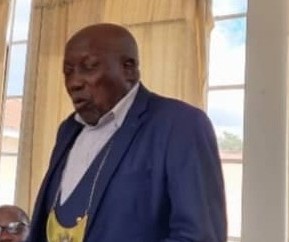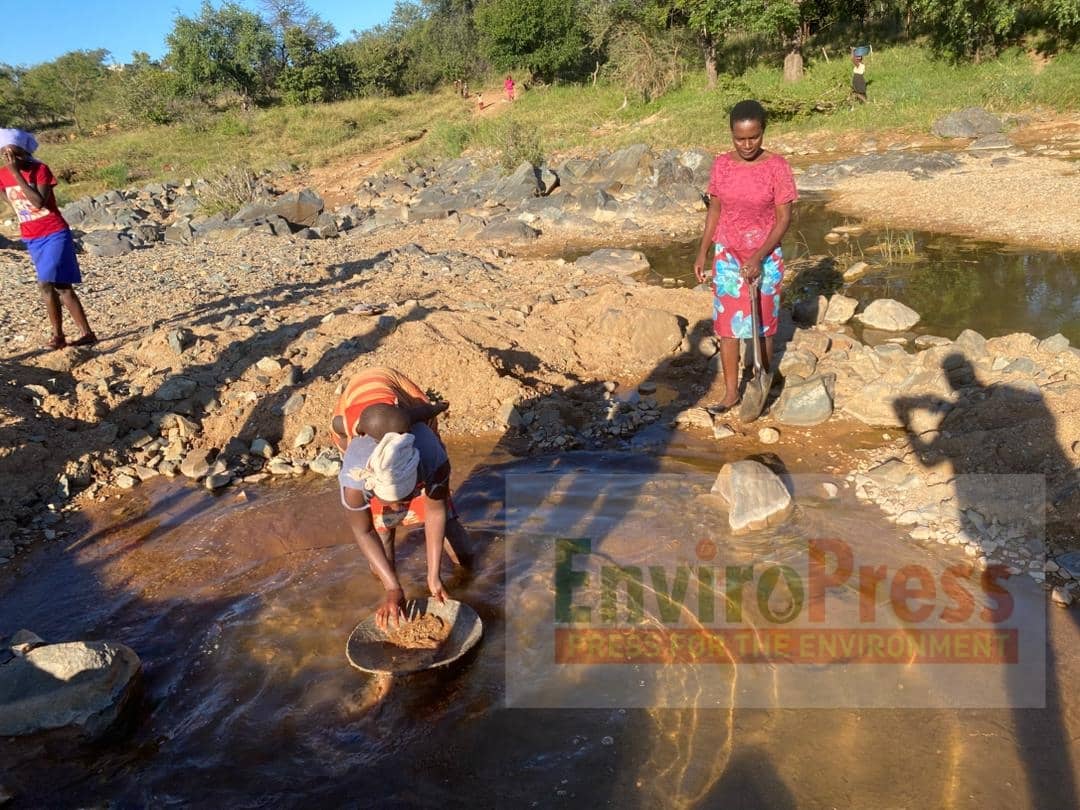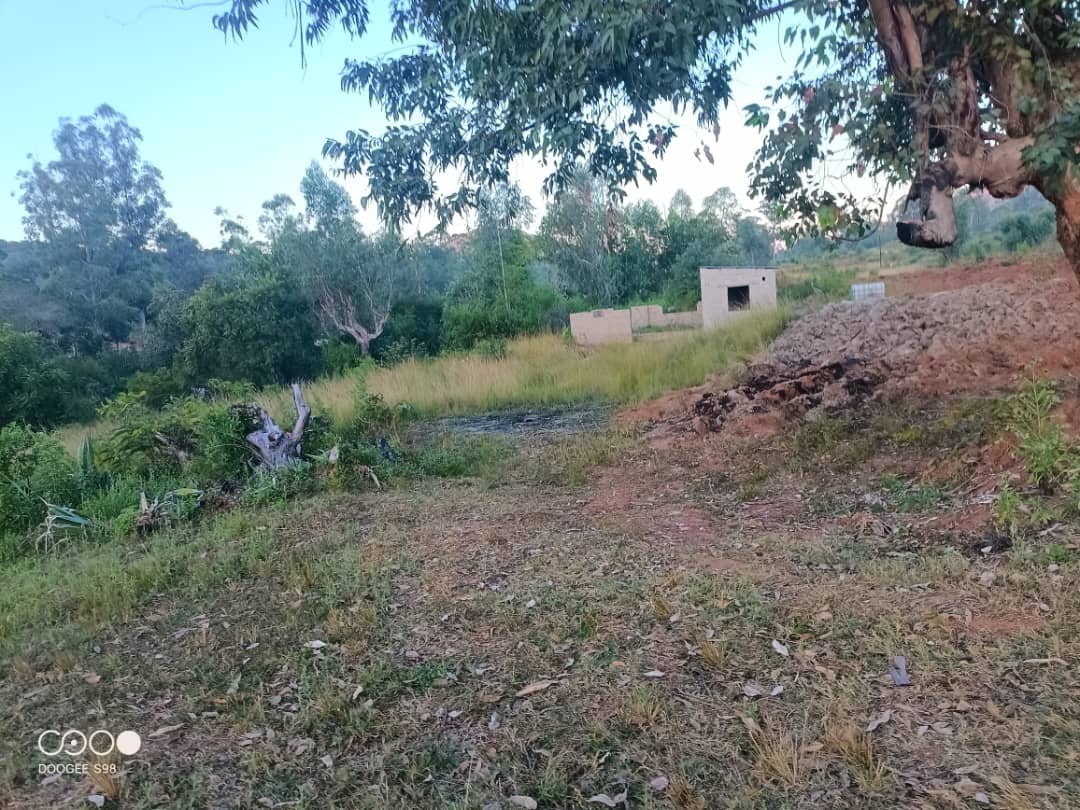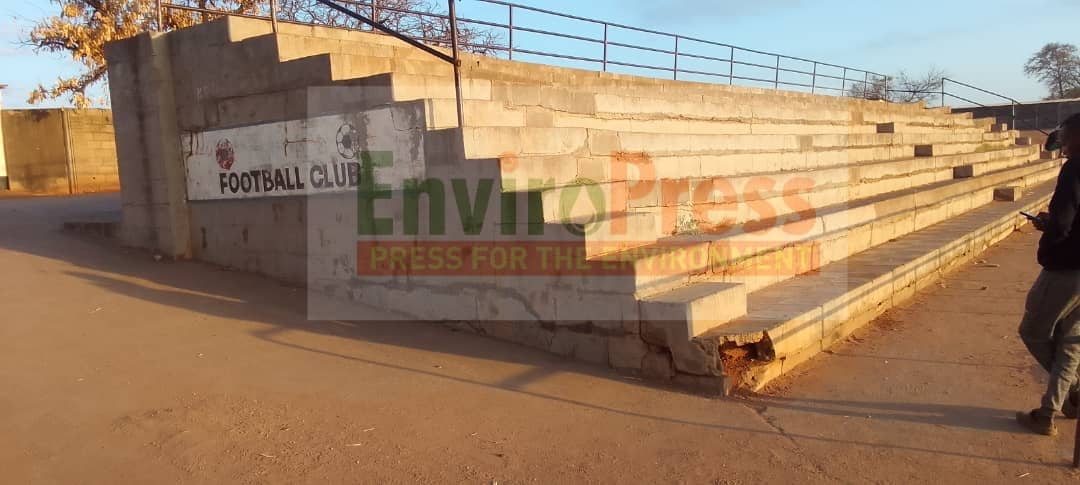…as boreholes dry up due to receding water tables
EnviroPress Reporter
Chivi district is experiencing very high temperatures which have seen many boreholes starting to dry up as early as July, signaling worsening weather conditions in this largely semi-arid district.
In response, some Chivi community members have called on their political and traditional leaders to help diversify water sources by building small weirs in all wards.
Speaking one after the other at a policy dialogue organized by EnviroPress in partnership with Southern Africa Trust, members of the community said they were increasingly getting worried with the water situation in the district.
“It’s sad that we get some significant rainfall during the year, but all that disappears in no time. All wards should be helped to develop weirs that can store runoff water for use later on in the year when it gets drier. Boreholes are not workable in the long run because the water table is receding further due to changes in climatic conditions,” said Blessing Bere.
Another participant, Wellington Chinoda, called on the policy makers to ensure that the resources in Chivi are used to develop irrigation in the district so that the communities can become more food secure.
“If nothing is done in the immediate, we will be having serious potable water shortages in the district and that is likely to degenerate into conflict.
“To address food insecurity in the district, we call on authorities to channel resources towards irrigation development since we have the biggest inland water body in the country but lying idle,” said Chinoda.
Others called for the district’s resources to be utilized more effectively so that they help create new livelihoods for villagers whose fields can no longer yield much.
“We have diamonds and gold here in Chivi yet our district is not seeing any meaningful development. Those resources could be managed better so that we are cushioned form the worst of climate change,” said Dr Gift Gwindingwe, a Great Zimbabwe University (GZU) Media lecturer.
Chivi South Member of Parliament (MP) Munyaradzi Zizhou said he acknowledged the need to work harder to make communities more adaptable.
“Chivi is generally dry and without irrigation, most households will starve in the future. We currently rely heavily of food aid but that must change. I appreciate the efforts being made by President Mnangagwa and his government to make sure that no one starves.
“We want to do irrigation using the water from Tugwi-Mukosi and we hope that we are successful in pushing the matter at policy level,” said Zizhou.
This project was made possible through a partnership with the Southern Africa Trust. The views expressed herein do not necessarily represent that of the Trust or its associates. www.southernafricatrust.org








